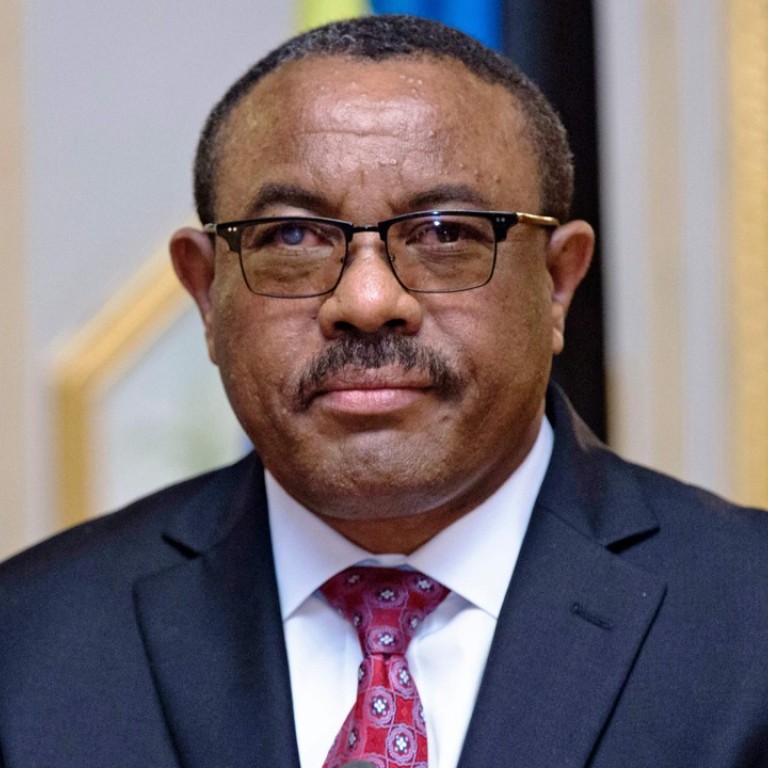
Ethiopia imposes six-month emergency rule after prime minister’s surprise resignation
Ethiopia has faced more than two years of unrest
Ethiopia said that a state of emergency would remain in place for six months, as the authorities banned protests to quell what they termed “chaos and unruliness” despite condemnation from key ally the United States.
The council of ministers declared the country’s second emergency decree in two years on Friday evening, capping a tumultuous week that saw Prime Minister Hailemariam Desalegn’s surprise resignation, a strike in the country’s largest region and a massive prisoner amnesty.
The US embassy in Addis Ababa on Saturday said it “strongly” disagrees with “restrictions on fundamental rights such as assembly and expression”.
Saying the declaration “undermines recent positive steps toward creating a more inclusive political space,” the embassy called on the government “to rethink this approach.”
The capital was calm this weekend, with businesses open and no extra security forces deployed on the streets.
Defence Minister Siraj Fegessa said: “the state of emergency will last for six months, and it must be presented to House of People’s Representatives and approved within 15 days.”

The approval is near-certain given that the ruling Ethiopian People’s Revolutionary Democratic Front (EPRDF) and its allies control all the seats in the legislature in Africa’s second most populous country.
The government had cited “ethnic-based clashes” and “chaos and unruliness” as the reasons for the move.
Besides the protest ban, State-affiliated Fana Broadcast Corporate reported the decree allowed police to search people and houses and make arrests without a warrant. The government may also impose a curfew.
The provisions are similar to Ethiopia’s last state of emergency declared in October 2016 after months of protests in Oromia – home to the country’s largest ethnic group, the Oromos – and neighbouring Amhara region.
The 10-month decree succeeded in quelling the unrest, which killed hundreds and resulted in tens of thousands of arrests, despite criticism from rights groups.
But anti-government sentiment remained in the two regions and the analysts believe Hailemariam’s response to the protests eventually led to his resignation, a first in modern Ethiopia.
Last month, Hailemariam said Ethiopia would release some jailed “politicians” to “improve the national consensus and widen the democratic platform”.
Thousands of prisoners were since pardoned or released from custody, including some of the country’s most prominent dissidents.
Nonetheless, Oromo activists called a strike last week that saw businesses close and young men armed with rocks and sticks block roads in Oromia to push the government to keep its prisoner amnesty promise.
The strike was called off after detained Oromo politicians were freed along with hundreds of other prisoners, including journalist Eskinder Nega and opposition leader Andualem Arage.

.png?itok=arIb17P0)